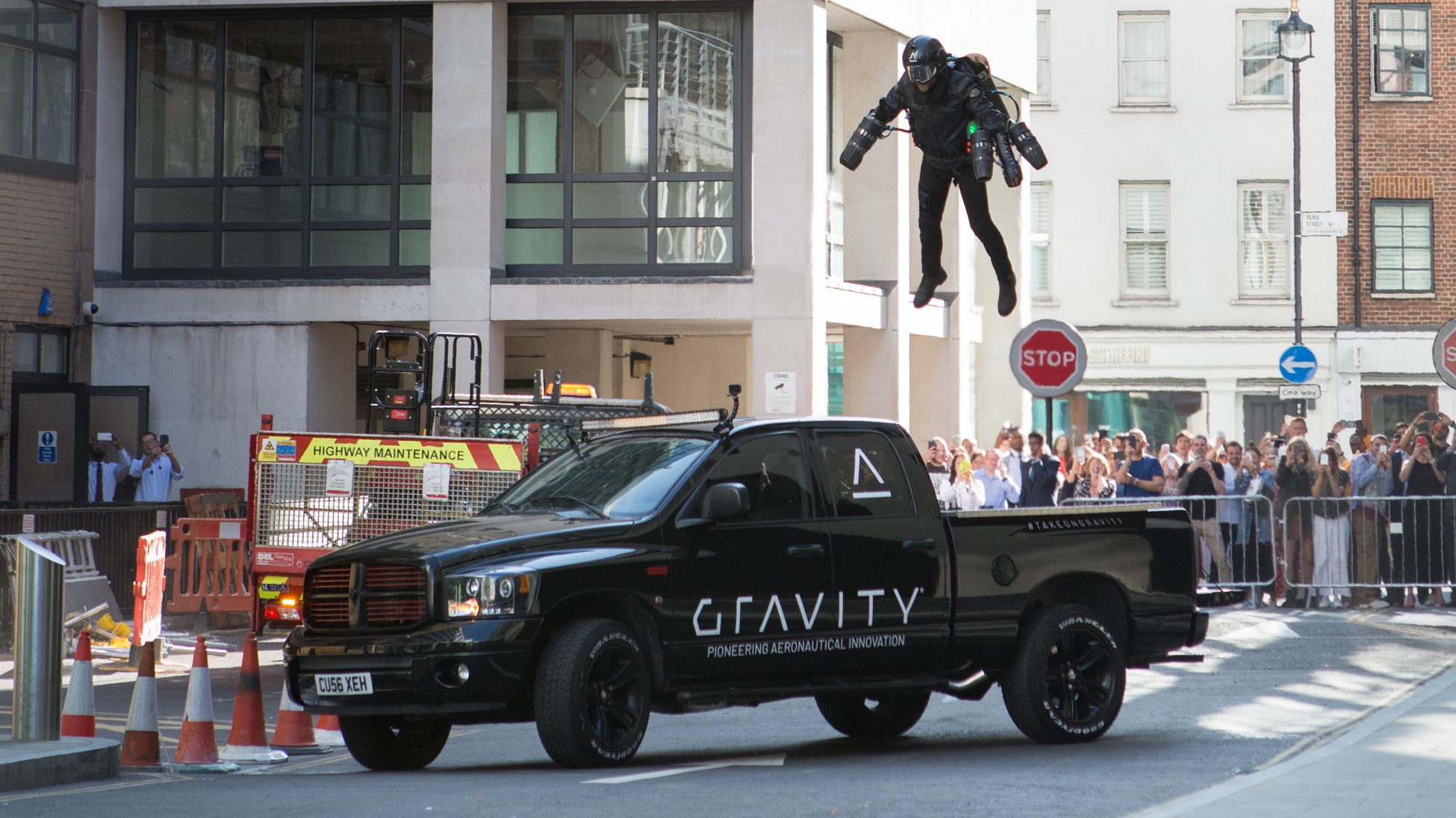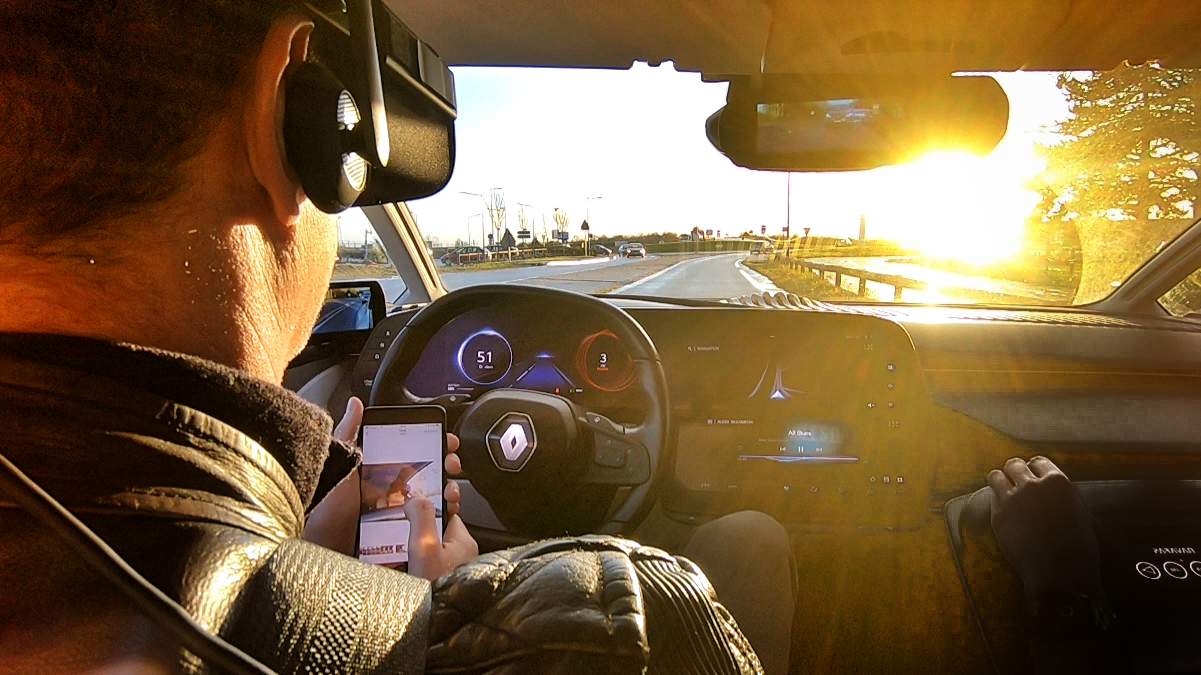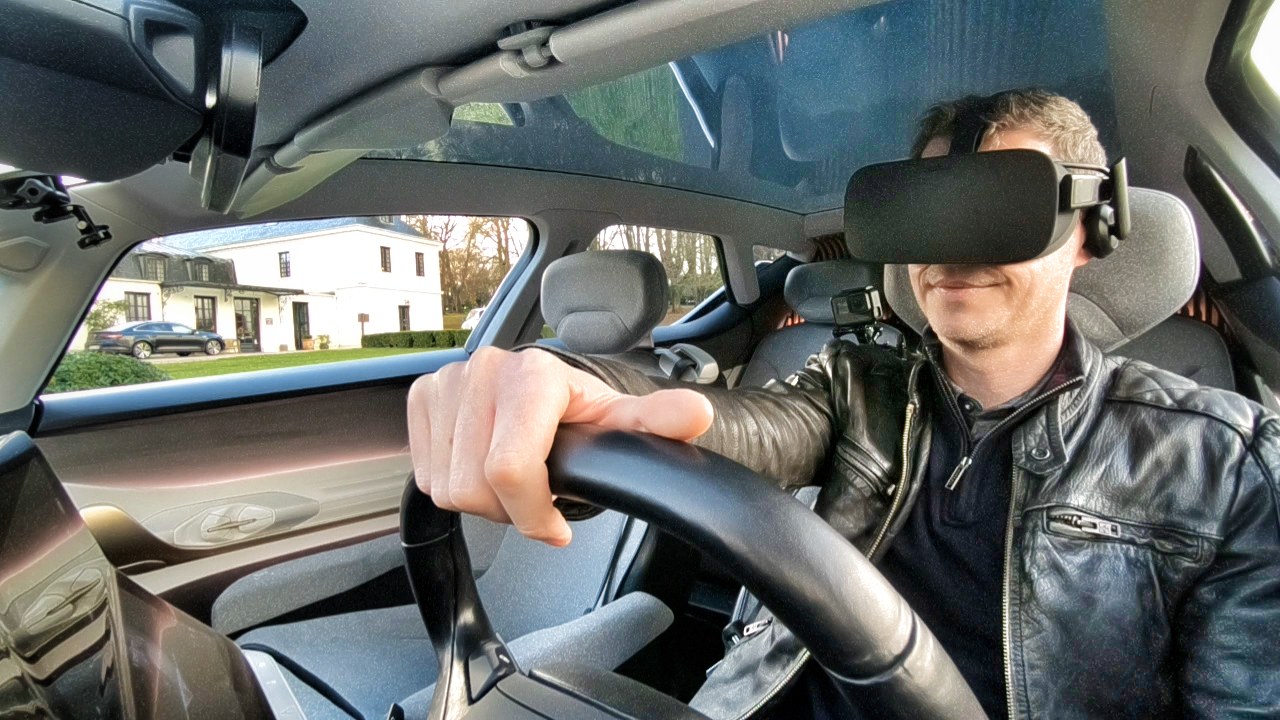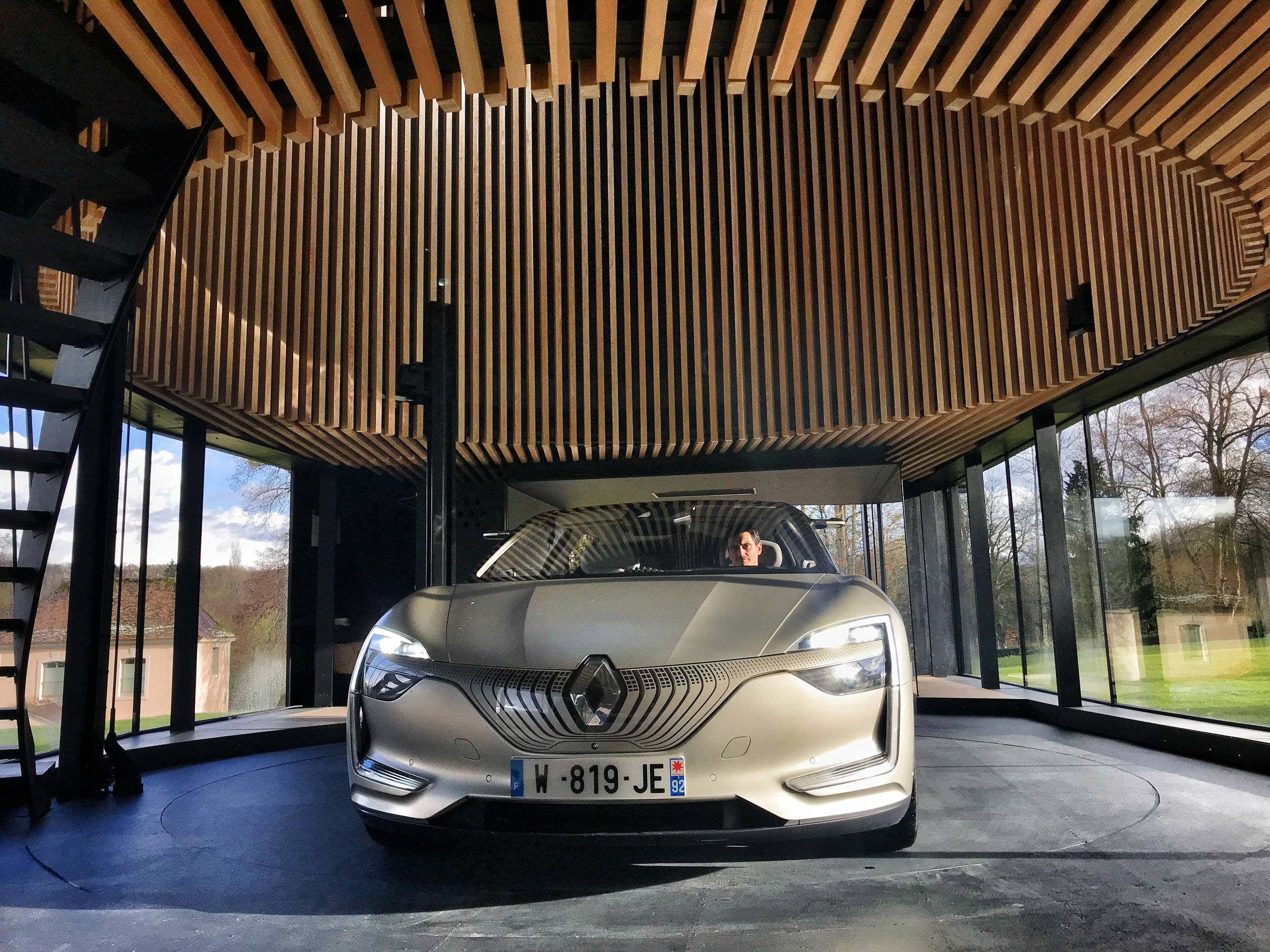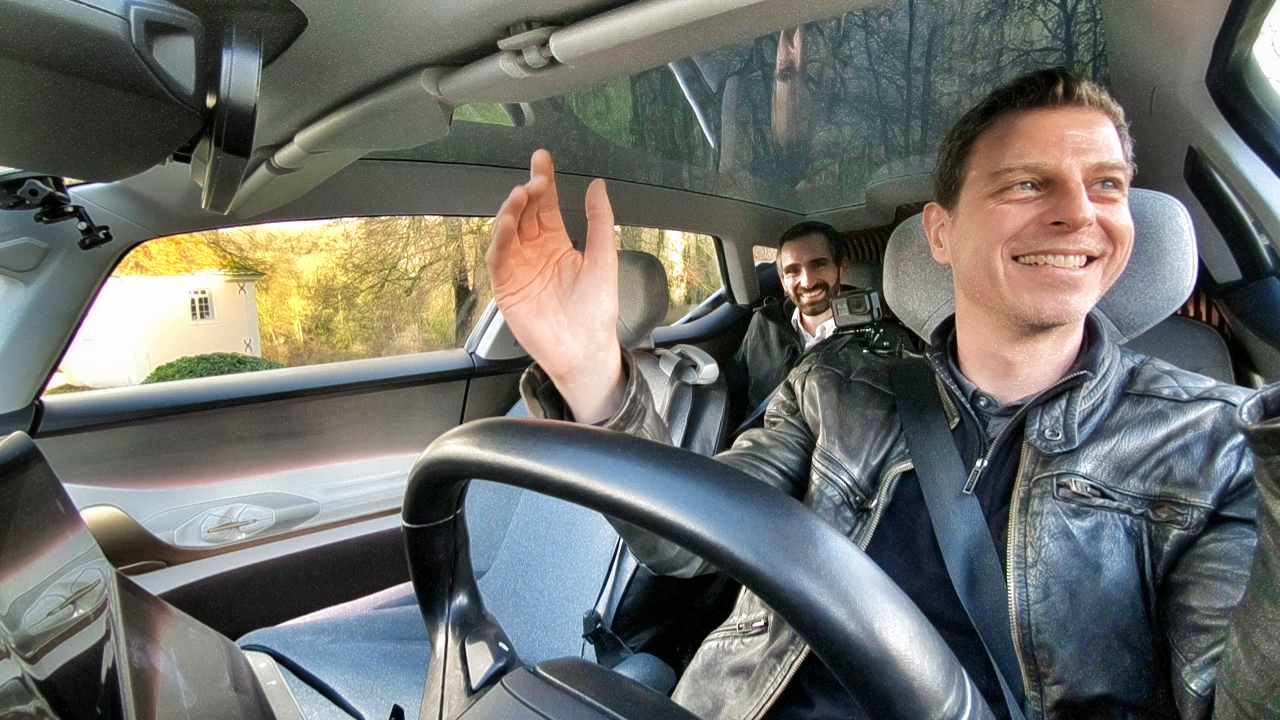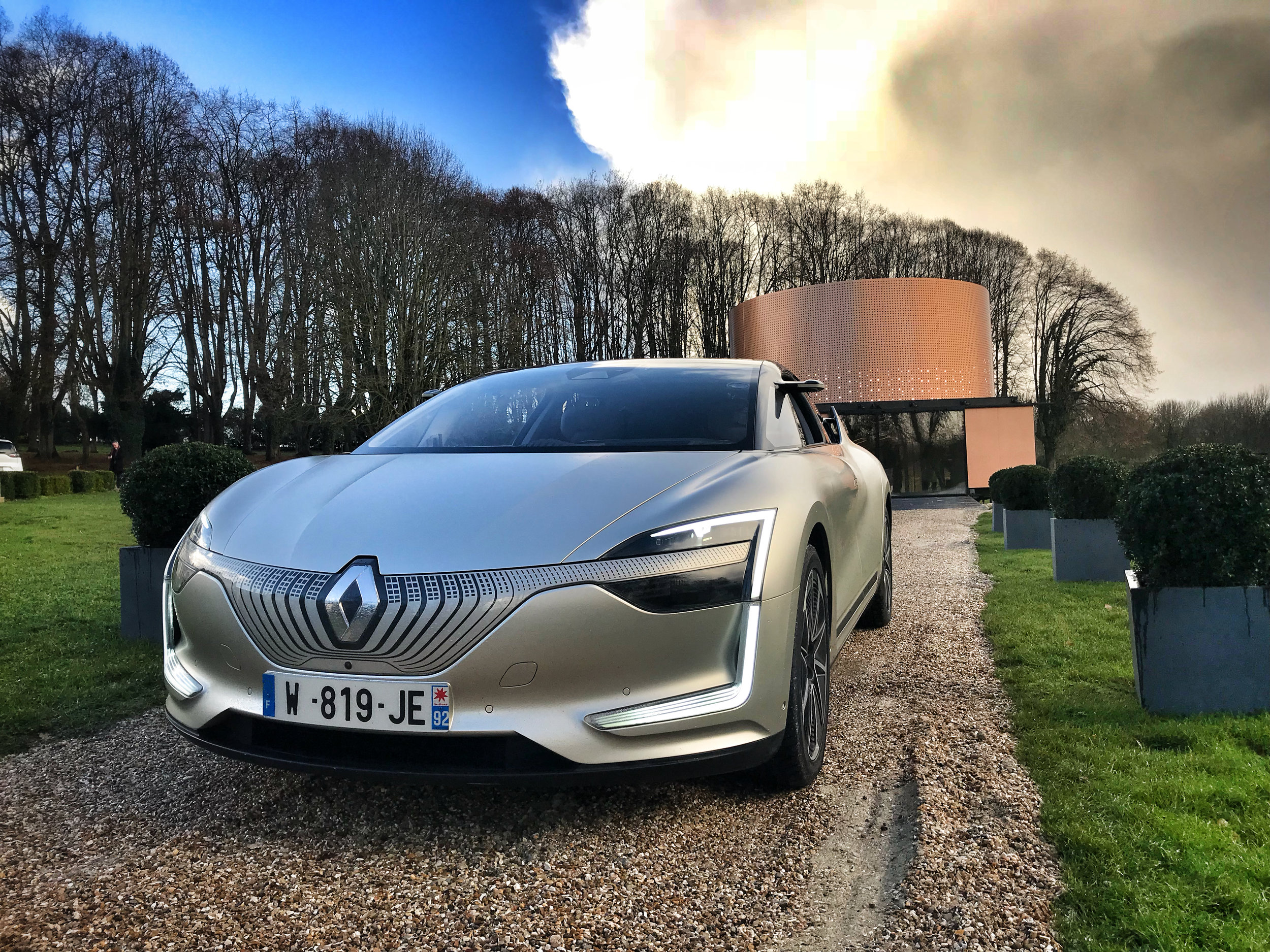No one wants to own anything, or drive anything, or change anything. The great Innovators have stopped innovating. The great storytellers aren’t making as much noise as the bad ones. And everyone is happy to follow the crowd – or so the crowd has been told…
In January 2019, Apple reported their first decline in revenues and profits in over a decade. They blamed weak iPhone sales and a downturn in China. True, the Chinese market has become a tougher nut to crack, but the underlying reason for the downturn is we’ve stopped wanting AND needing some of their products.
I used to queue outside Apple Stores to get my hands on new model iPhones. I even waited in line for over twelve hours outside the New York 5th Avenue glass cube in 2010 to be the first to buy an iPad. But that was then, I now struggle to justify the cold nose, sore feet and dented bank balance.
Don’t get me wrong, I have no interest in owning a PC or using Android as my primary mobile OS – because I still love Apple. My long line of MacBooks have never let me down and have been worth every penny and my iMacs have always been there when I needed them, delivering day in, day out for years. My iPhones have worked brilliantly inside and out, looked beautiful and felt like the quality products they are.
So why are Apple’s profits down? Because their flagship physical products are too good and too straight. Too good might seem a great selling point – but it’s clearly becoming an issue. My iPhone 7 Plus is into its third year of ownership and I haven’t upgraded my iPad mini for seven! They both work perfectly and I simply can’t justify upwards of £1,000 for the iPhone I’d want (or need) or an iPad Pro upgrade.
So let’s turn to ‘too straight’. Apple used to excite me. I’d eagerly await each live-streamed keynote with a sense of anticipation akin to the Oscars – living in hope for Steve’s ‘one more thing’. And he’d always deliver. Deliver something we didn’t need or know we wanted, but we just had to have it because it was the future. Our future.
The world we know and love has been built on elation, not iteration – but that’s what Apple now delivers. It makes $Billions from smoothly blending one model into the next. One service and software update into another. The world needs a defibrillator moment where we kickstart the kickstarts and make our hearts beat that little bit faster as we rediscover the joy of the unexpected.
Apple didn’t become the most valuable company on the planet by making poor business decisions so it’s not about dropping the things that work and veering off at a tangent. Tech rivals all too often over-promise and under-deliver, or feel they need to fill a market gap only to find no one wants what they have to offer. But the key to consumer engagement is telling a great story and making it relevant to a brand’s audience.
I’m not going to apologise for disagreeing with the statement “make things people want, don’t make people want things”. Screw that, most people don’t know what they want until they see it. A brand’s role is to tell them why it exists, how it can improve their lives and steer them to ownership, membership or sponsorship via the point of least resistance.
Advertising and marketing opportunities still bring us stories for the products we consume, but these stories need to be told by the people with the passion behind the brands. How they’re made is one thing, but the reasons why they exist are far more powerful.
I spoke with Roborace CEO, Lucas di Grassi in Berlin in December and he told me about the race series startup’s change of direction away from the Daniel Simon-designed Robocar as the audience didn’t understand its capabilities and true Artificial Intelligence. The focus has instead been turned to their DevBot car, with a combination of AI and driver interaction.
The inability of the audience to grasp Robocar’s relevance is not a failing of the motorsport fans – but a missed opportunity to tell a story of excitement, interaction and inspirational possibilities for the future, rather than one of the technology beneath the surface. Don’t give up Lucas, we need Robocar in our near future, weaponised and ready to roll.
It’s more important than ever to get this story right when introducing the next generation of self-driving vehicles. Industry experts speak of the irrelevance of dealerships and a pure digital future but they’re missing the point. Entirely.
Motorists won’t simply hop from their current vehicles into an autonomous network. They don’t trust the technology, it’s as simple as that. The way to convince is not through a VR simulation. Not an online video. It’s by physical experience, sat in the very car they will be instilling ALL their trust. This won’t be about telling an audience how safe a range of robot vehicles is – it’s through the vehicle occupant not being involved in an accident.
The next level of trust will be via word of mouth and the testimonials of ‘real people’ – not actors or brand ambassadors. Selling the autonomous future through trust not tricks.
But there’s still a world of inspiration for us all to discover. The iterators may be shouting louder, but sift through the white noise and you’ll find thought leaders not simply leading by telling great stories – they’re also leading by example.
Richard Browning of Gravity (or ‘Rocket Man’ as he’s more commonly known) is pushing the boundaries of personal mobility by offering us a superhuman vision of the future. He has built a successful business from his own personal invention, innovation and ability to sell a dream. One jetpack is evolving into a scaleable race series on the road (or lack thereof) to tomorrow.
Claire Lomas, an athlete paralysed in 2007 in an equestrian accident epitomises courage and encouragement. She has never faltered in her battle against her physical condition, unwilling to accept the boundaries seemingly imposed upon her. Claire has worn a robotic exoskeleton to complete marathons and her determination to excel has resulted in a new skill – motorcycle racing!
Both Richard and Claire aren’t playing the Inspiration Game – they’re living it. Roborace will also inspire and innovate in equal measures when their story is told in the right way to the right audience, and it will be epic.
Apple has stopped playing the game. It’s not too late for the company I still love to let the iteration take care of itself and get back to thrilling us with one more thing.
And if they’re struggling to find inspiration themselves – or any of us for that matter – the words from Apple’s own 1997 TV ad celebrate the existence of The Crazy Ones. The very people I love and will always aspire to be.
“Here's to the crazy ones. The misfits. The rebels. The troublemakers.
The round pegs in the square holes. The ones who see things differently.
They're not fond of rules. And they have no respect for the status quo.
You can quote them, disagree with them, glorify or vilify them. About the only thing you can't do is ignore them.
Because they change things.
They push the human race forward.
And while some may see them as the crazy ones, we see genius.
Because the people who are crazy enough to think they can change the world, are the ones who do.”


